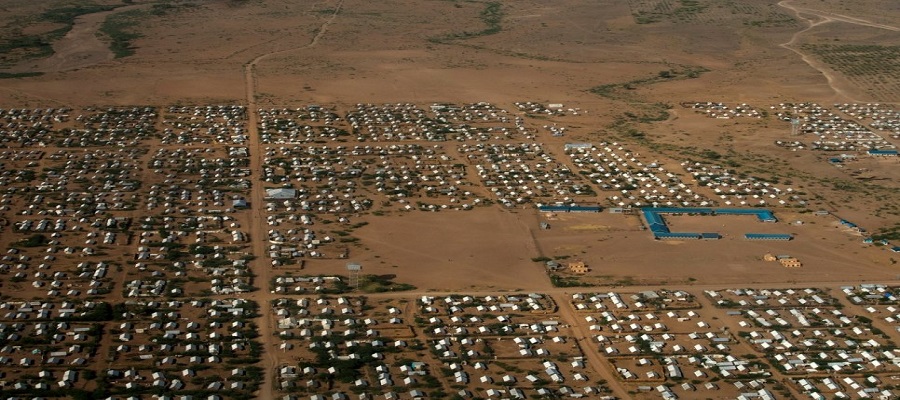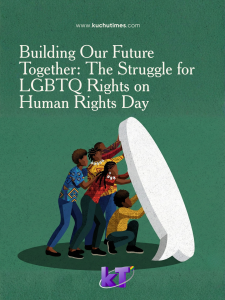The Kenyan Interior Cabinet Secretary Fred Matiang’i, yesterday 24th March 2021, issued a directive ordering United Nations High Commission for Refugees (UNHCR) to shut down Dadaab and Kakuma refugee camps.
The two camps are hosts to over 500,000 refugees from mostly Somalia, South Sudan and Uganda. The government also issued the ultimatum directing UNHCR to draw a transitional road map within the next 14 days.
In the official communication made by the Kenyan government, the Interior Cabinet Secretary indicated that there was no further room for negotiations on the matter. UNHCR issued a statement on this development as shared below
UNHCR, the UN Refugee Agency, is grateful to the people and Government of Kenya for generously hosting refugees and asylum-seekers for several decades and recognize the impact this generosity has had.
UNHCR has been informed by the Kenyan authorities of their intention to close Dadaab and Kakuma refugee camps within a short timeframe.
UNHCR is concerned about the impact this decision would have on the protection of refugees in Kenya, including in the context of the ongoing COVID-19 pandemic. We will continue our dialogue with the Kenyan authorities on this issue.
We urge the Government of Kenya to ensure that any decisions allow for suitable and sustainable solutions to be found and that those who continue to need protection are able to receive it.
UNHCR stands ready to support the Government of Kenya in continuing and further strengthening the work that is ongoing to find solutions that are orderly, sustainable and respect refugee rights.
ENDS
This is not the first time that the government of Kenya has attempted to shut down a refugee camp. In 2016, they ordered for the immediate closure of Dadaab camp after intelligence reports revealed that two terrorist attacks in the country had involved elements from the camp.
It should be remembered that Kakuma camp is home to several LGBTIQ refugees from Uganda. As their stay in Kenya now hangs in balance, questions around their legality and asylum process come to mind. Will they be repatriated back home, will their refugee status in Kenya remain valid, will they be transferred to different camps?
What does the closure of Kakuma Refugee Settlement mean for this already marginalised group, what are the effects on a group of people who are already battling homophobia and constant attacks from their fellow refugees? What does it mean for their already frail mental and physical health?
We will continue updating the story as it develops




